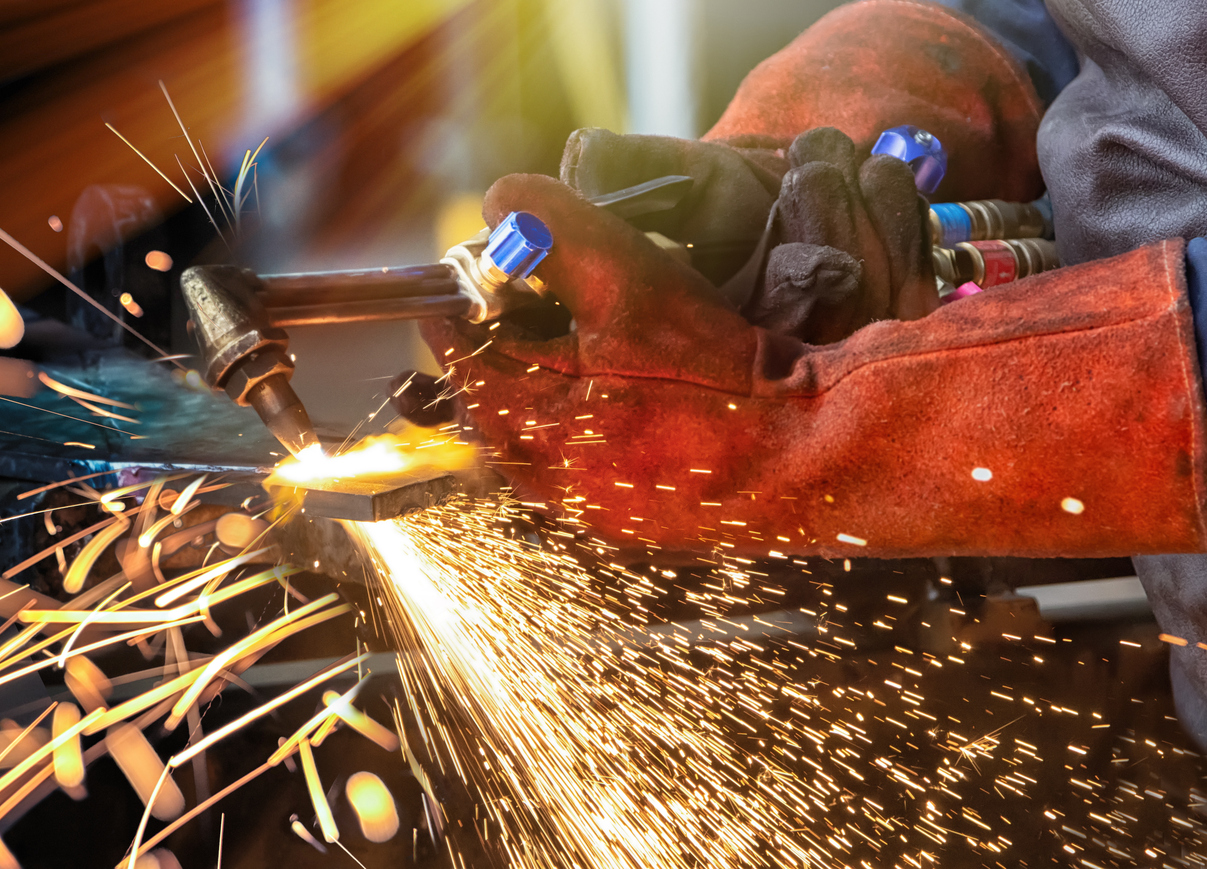Fabrication & Assemblies: Streamlining Manufacturing Processes for Efficiency
Fabrication and assembly are fundamental components of the manufacturing process, crucial for transforming raw materials into finished products. These processes are integral across various industries, including automotive, aerospace, electronics, and construction. By combining precision engineering with advanced technologies, companies can achieve efficient production workflows, high-quality outputs, and cost savings. This article delves into the intricacies of fabrication and assembly, highlighting their importance, the methods involved, and the benefits of streamlining these processes.
Understanding Fabrication and Assembly
1. Fabrication
- Overview: Fabrication involves the cutting, shaping, and molding of raw materials such as metal, plastic, or wood to create parts or components used in the assembly of final products. The fabrication process is highly versatile, allowing for the production of complex and customized parts tailored to specific applications.
- Key Processes:
- Cutting: Techniques such as laser cutting, waterjet cutting, and plasma cutting are used to precisely slice materials into desired shapes.
- Forming: Processes like bending, stamping, and forging shape materials into specific geometries.
- Machining: CNC (Computer Numerical Control) machining is commonly used to achieve high precision in fabricating intricate parts.
- Welding: Welding joins metal parts together, ensuring structural integrity and durability.
2. Assembly
- Overview: Assembly is the process of combining fabricated parts and components to form a complete product. This can range from simple manual assembly tasks to highly automated processes involving robotics and advanced machinery.
- Key Processes:
- Manual Assembly: Skilled workers manually join parts using tools, adhesives, or fasteners. This method is often used for small-scale production or complex products requiring a high level of craftsmanship.
- Automated Assembly: Automation involves using robotic arms, conveyors, and other machinery to assemble parts. This method is ideal for high-volume production, where speed and consistency are crucial.
- Testing and Quality Control: Assembled products undergo rigorous testing to ensure they meet design specifications and quality standards. This step is essential to identify and correct defects before products reach the market.
Benefits of Fabrication and Assembly in Manufacturing
1. Precision and Quality
- Advanced Techniques: Modern fabrication methods, such as CNC machining and laser cutting, allow for high precision in creating parts, ensuring that they fit together perfectly during assembly.
- Quality Assurance: Rigorous quality control measures during the assembly process help maintain product integrity, reducing the likelihood of defects and recalls.
2. Cost Efficiency
- Optimized Workflows: Streamlining fabrication and assembly processes reduces material waste, minimizes labor costs, and shortens production timelines, leading to overall cost savings.
- Scalability: Automated assembly lines enable manufacturers to scale up production quickly and efficiently, meeting increased demand without significant additional costs.
3. Customization and Flexibility
- Tailored Solutions: Fabrication techniques allow for the customization of parts and components to meet specific client requirements, providing greater flexibility in product design.
- Rapid Prototyping: Modern fabrication tools enable rapid prototyping, allowing manufacturers to test and refine designs quickly before committing to full-scale production.
4. Innovation and Competitive Advantage
- Technological Integration: The integration of advanced technologies, such as robotics and AI, into assembly processes enhances innovation and provides a competitive edge in the market.
- Sustainability: Implementing sustainable practices in fabrication, such as using eco-friendly materials and reducing waste, aligns with global trends toward environmental responsibility, appealing to environmentally conscious consumers.
Challenges in Fabrication and Assembly
Despite the advantages, there are challenges associated with fabrication and assembly processes:
1. High Initial Costs
- Equipment Investment: The initial investment in advanced fabrication and assembly equipment, such as CNC machines and robotic systems, can be substantial.
- Training Requirements: Skilled operators and technicians are required to manage and maintain sophisticated machinery, necessitating ongoing training and development.
2. Complexity of Integration
- Process Integration: Integrating new fabrication and assembly technologies into existing production lines can be complex, requiring careful planning and execution to avoid disruptions.
3. Quality Control
- Consistency: Maintaining consistent quality across high-volume production runs is challenging and requires robust quality control systems.
Strategies for Success in Fabrication and Assembly
To optimize fabrication and assembly processes, manufacturers can adopt the following strategies:
1. Invest in Technology
- Automation: Implementing automated assembly lines can enhance efficiency, reduce errors, and increase production speed.
- Data Analytics: Using data analytics to monitor production processes in real-time allows for proactive maintenance and immediate response to issues, improving overall efficiency.
2. Focus on Continuous Improvement
- Lean Manufacturing: Adopting lean manufacturing principles helps identify and eliminate waste, streamline operations, and improve product quality.
- Employee Training: Regular training programs for employees ensure they are proficient in using the latest technologies and techniques.
3. Collaborate with Experts
- Partnerships: Collaborating with experienced fabrication and assembly specialists can provide valuable insights and access to advanced capabilities, improving production outcomes.
Conclusion
Fabrication and assembly are essential processes in modern manufacturing, enabling the production of high-quality, cost-effective products across various industries. By investing in advanced technologies, focusing on precision and quality, and continuously improving processes, manufacturers can maximize the value of their operations.
At Wigmore Trading, we offer expert fabrication and assembly services tailored to meet the needs of diverse industries. Our commitment to quality and innovation ensures that your products are manufactured to the highest standards.
Get in Touch:
Looking to enhance your fabrication and assembly processes? Contact Wigmore Trading today to learn more about our services and how we can help you achieve your manufacturing goals. Visit our website, email, or call us for expert advice and support.








Comments are closed.